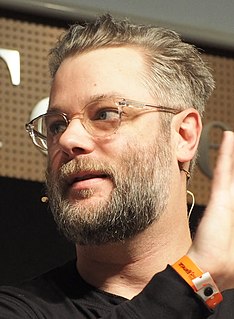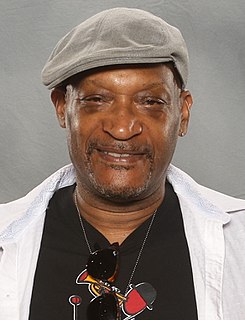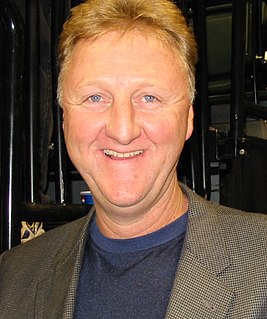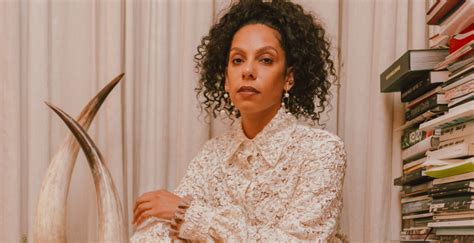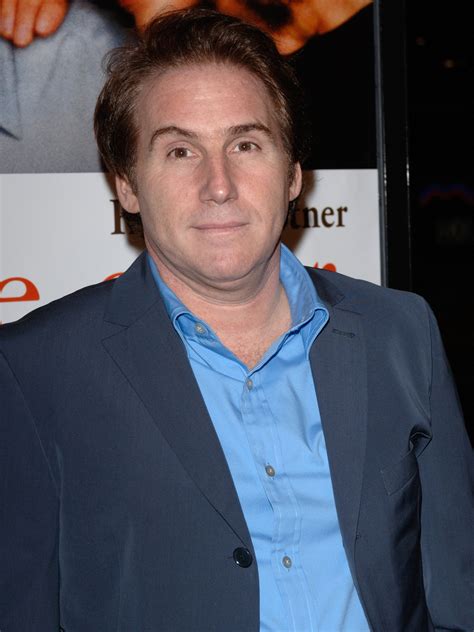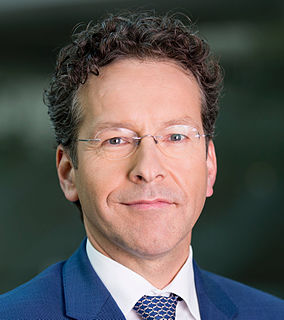A Quote by Joss Whedon
This is something that I do consider to be good advice: I took my first paycheck and I put it in the goddamn bank. Then I took my second paycheck and put it in the goddamn bank. I had seen the roller coaster of my father's career - top of the world, then unemployed - and I never wanted to take a job because I needed money.
Related Quotes
Then came the second Amsterdam discovery, although the principle was known elsewhere. Bank deposits...did not need to be left idly in the bank. They could be lent. The bank then got interest. The borrower then had a deposit that he could spend. But the original deposit still stood to the credit of the original depositor. That too could be spent. Money, spendable money, had been created. Let no one rub his or her eyes. It's still being done-every day. The creation of money by a bank is as simple as this, so simple, I've often said, that the mind is slightly repelled.
After Hurricane Katrina, I wanted to go back to New Orleans to help musicians return to the city. But Andrew Young advised me, "If you want to help people, go work at an investment bank." His contrarian advice opened my eyes to the importance of capital. "Learn how to make some money before you give it away." I learned that you can bring about good in the world especially if you have a paycheck.
The worst career advice is to just do something because it's paying, and there are a lot people out there that will push you to take a job because of money. I am not motivated by money, and I have found a lot of disappointment when I've had to do something because I needed to support myself in that way.
I want to work in a bank, definitely. Hopefully, my acting career will go well. But if it doesn't, I go to a bank. If it does, then even at the age of 40, I will still go to a bank, but I have to work in a bank, because I'm really fond of taxation and accounts and investments and all of that. So I will do it. At some point, I will, yes.
What we've done last night is what I call pushing back the risks..If there is a risk in a bank, our first question should be 'Okay, what are you in the bank going to do about that? What can you do to recapitalise yourself? If the bank can't do it, then we'll talk to the shareholders and the bondholders, we'll ask them to contribute in recapitalising the bank, and if necessary the uninsured deposit holders.






